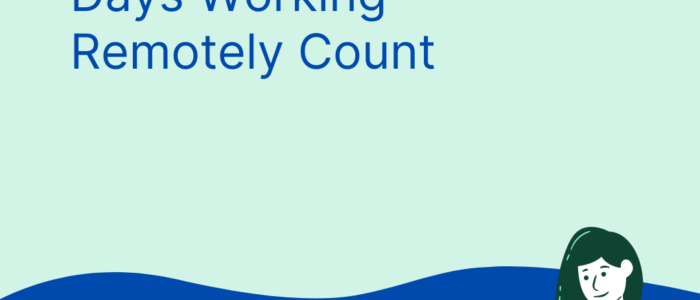
No one won or lost during the recession. Some succeeded in losing and landing jobs. Others were able to hold on to their jobs and managed to get promoted. But it doesn’t matter because if you’re able to breathe while reading this, you’ve won.
Again, you’ve won. Not barely, but with flying colors. Even when many employers didn’t make layoffs any easier, yet, they had tools to help them, help employees.
If you’re unemployed now matter the reason, you will be employed. This is the mantra you must carry, internalize, and believe.
There’s one interview question I think employers got together and decided to ask: What did you do while unemployed? So the interviewing will weigh your response along with the other responses.
It’s like, what did you do while waiting to get in the barber’s chair? So I would say dismiss the question, but employers’ are valuing and evaluating candidates on that question. So when they put a lot of weight on a question, you can’t avoid it.
You can find many good answers in many articles right now. I would consider reading this one and that one. I will add my own in my own way.
Practice, but don’t overdo it.
Top 3 tips for how to answer an interviewer’s questions about being unemployed:
Be direct and brief about your experience.
Video viewers have short attention spans. The attention-getter has been how you have remained sharp and positive during your time of unemployment. In your brief answer, you can say, “This was a meaningful period for me as I added to my skill set during this time. I’ve had many great conversations with industry writers and experts through Live streaming the conversation on Facebook.” It shows you are learning and providing your community resources for them.
Strive to get referred.
Your job search as a lifestyle looks like this:
About Mark Anthony Dyson
I am the "The Voice of Job Seekers!" I offer compassionate career and job search advice as I hack and re-imagine the job search process. You need to be "the prescription to an employer's job description." You must be solution-oriented and work in positions in companies where you are the remedy. Your job search must be a lifestyle, and your career must be in front of you constantly. You can no longer shed your aspirations at the change seasons. There are strengths you have that need constant use and development. Be sure you sign up to download my E-Book, "421 Modern Job Search Tips 2021!" You can find my career advice and work in media outlets such as Forbes, Inc., Fast Company, Harvard Business Review, Glassdoor, and many other outlets.

